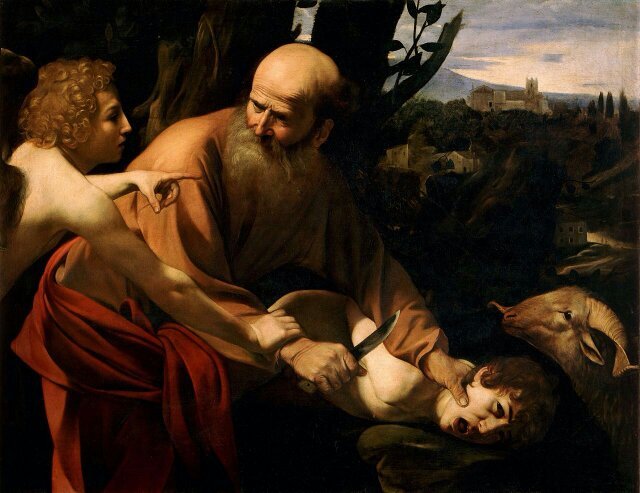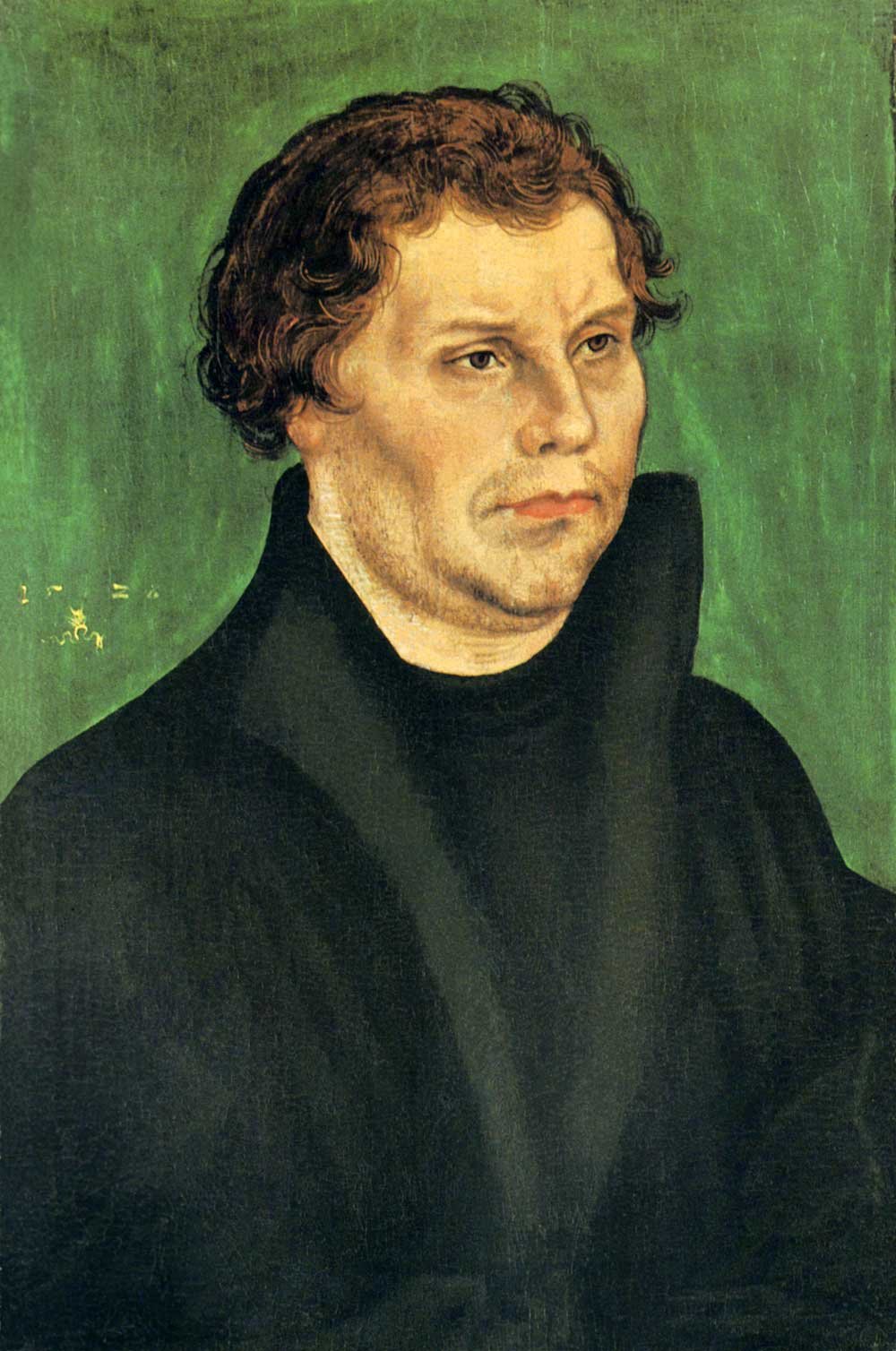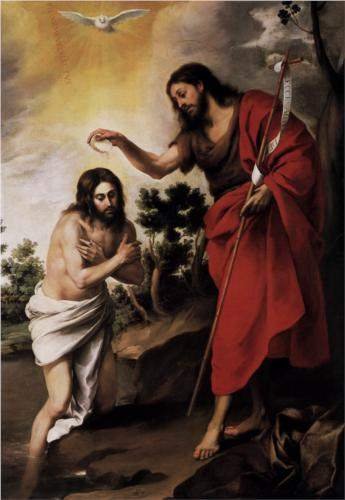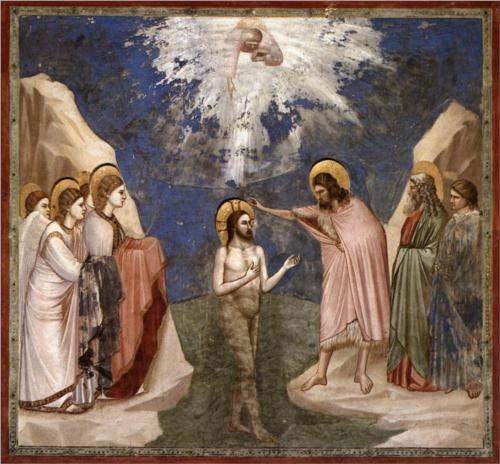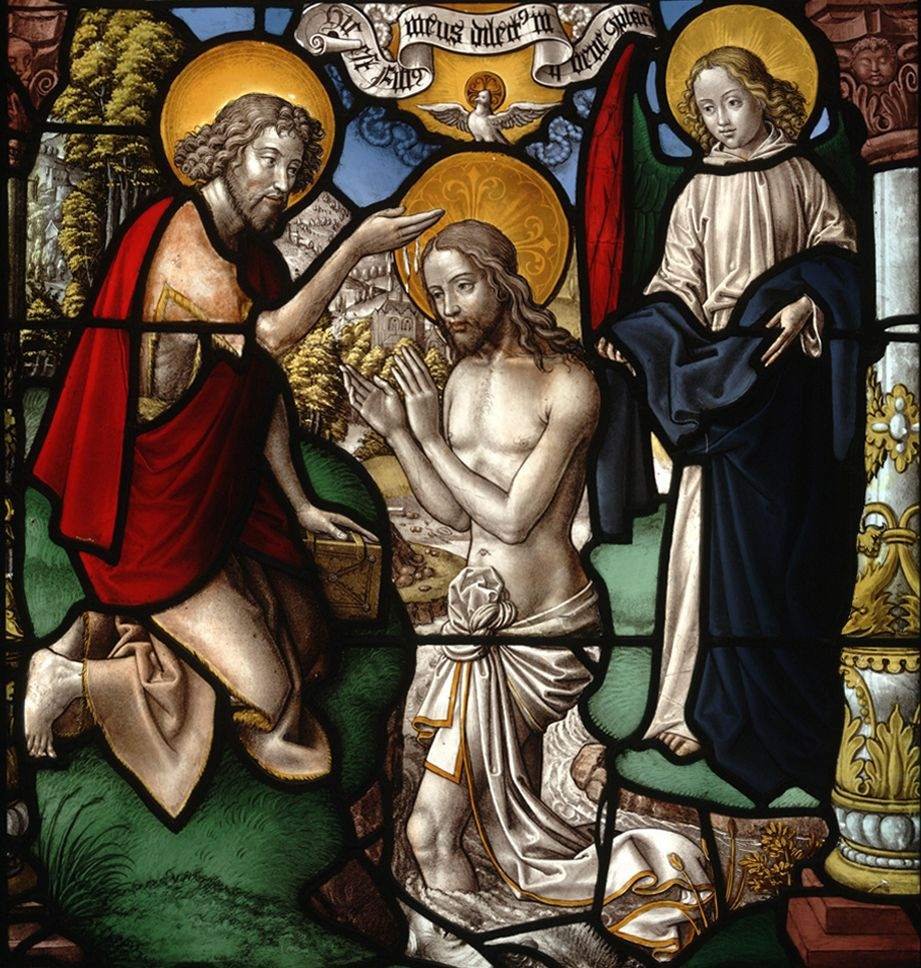The post I meant to make before I was distracted by Luther.
This Lent I’ve been re-reading the Pentateuch, since the last time I read it was before I was Catholic and before I had the benefit of Catholic Bible commentaries or an elementary knowledge of the Hebrew language. In reading the story of Abraham in Genesis, I got to thinking about the nature of Abraham’s faith:
“And [Abraham] believed the Lord; and [the Lord] reckoned it to him as righteousness.” (Genesis 15:6)
Justified by Faith
The Apostle Paul prominently appeals to this verse in his discourses on the doctrine of justification in his epistles to the Galatians and Romans (Galatians 3:6, Romans 4:3). It is an especially important verse to the Protestant concept of imputation, the idea that when a sinner comes to faith in Christ, the righteousness of Christ is imputed to the sinful believer, “covering” his sins like a cloak rather than actually transforming him; that the righteousness of Christ is credited to his account by a forensic, legal declaration only, such that he is considered “righteous” by God’s juridical reckoning on account of Christ’s righteousness, despite God still seeing the sin that fills his life. Per Luther’s argument, even “a little spark of faith,” a “weak” or “imperfect” faith, the “firstfruits” of believing in Christ, was sufficient to bring about this imputation, counting a sinner righteous once and for all.
In Paul’s context, he argues that Abraham was counted righteous before God not because of any works he performed, but because of his faith in God’s promises. And, it’s true, both in the Hebrew of Genesis and the Greek of Paul’s letters, the verb translated “reckoned” is one of reckoning or perception: Abraham’s faith was counted as righteousness.
But then, it begs the question: if Abraham’s faith was imputed to him as righteousness, and this imputation is analogous to a believer’s justification by faith in Christ, what kind of faith did Abraham have? Was it a “weak” or “imperfect” faith? Did the imputation to Abraham of righteousness that followed his faith belie and cover an otherwise sinful state in the man? And, once this faith was imputed to Abraham as righteousness, was he then “counted as righteous” from then on, he being unalienably in God’s favor from that point forward? If the faith of Abraham and its imputation to him as righteousness is an analogy to the justification of a Christian believer, then we should expect both the faith and the imputation to be similar.
A Total Commitment
It’s clear, however, that the faith of Abraham that was counted as righteousness was not an weak or imperfect, not an initial and insecure belief in God’s promises, as Luther would present, but instead a total commitment of his life and his destiny to God’s plan. The reference to Abraham’s faith being reckoned as righteousness occurred only after he had obeyed God and left his home far behind for a distant land. And his position before God was not that of a lost and abject sinner, but of a man who had dedicated himself in faith to total obedience to God’s commands. If his faith was reckoned to him as righteousness, then surely it was because wholly committing himself in faith to God’s promise was a righteous thing to do.
An Active Faith
And was Abraham’s reputation as righteous then permanent and irrevocable, because of his singular act of faith? Was he then forevermore in God’s favor, to be considered blameless even if he should fall away and reject God’s promises? In fact, God made a covenant with Abraham, binding Abraham to a set obligations.
And God said to Abraham, “As for you, you shall keep my covenant, you and your offspring after you throughout their generations. This is my covenant, which you shall keep, between me and you and your offspring after you: Every male among you shall be circumcised” (Genesis 17:9–10).
By the nature of a covenant, God’s promises to Abraham were contingent on Abraham’s remaining faithful to it. Abraham continued to be counted as righteous because he continued to keep his faith with God. In fact, we find very clearly, elsewhere in Scripture, that Abraham’s faith was considered righteous because it was an active faith:
Was not Abraham our father justified by works, when he offered his son Isaac upon the altar? You see that faith was active along with his works, and faith was completed by works, and the scripture was fulfilled which says, “Abraham believed God, and it was reckoned to him as righteousness”; and he was called the friend of God. You see that a man is justified by works and not by faith alone (James 2:21–24).
The Works of Torah
What, then, was Paul talking about when he said that Abraham was justified “by faith … apart from works”? What “works” was Paul rejecting, “that none should boast”? It’s clear from Paul’s context that he refers very specifically to the works of the Law — νόμος (nomos), which in a Jewish context, referred almost exclusively to the Torah (the word θεσμός [thesmos] being the more common word in Greek for human laws, rules, rites, or precepts):
The promise to Abraham and his descendants, that they should inherit the world, did not come through the Law but through the righteousness of faith (Romans 4:13).
In particular, the work of Torah with which Paul is most concerned is circumcision, which in the case of Abraham, had not even been commanded yet, when “he believed God and it was reckoned to him as righteousness.” In Paul’s context, circumcision was being preached by the Judaizers as a necessity for salvation in Christ. In other words, Christ was the Messiah of the Jews, and to become a follower of Christ, per their argument, one must first become a Jew. Not so, said Paul:
For we hold that a man is justified by faith apart from works of Law. Or is God the God of Jews only? Is he not the God of Gentiles also? Yes, of Gentiles also, since God is one; and he will justify the circumcised on the ground of their faith and the uncircumcised through their faith (Romans 3:28–30).
With a Faith Like Abraham
What Paul is saying, then, is that to inherit the covenant promises of God, one does not have or be a descendant of Abraham according to the flesh, either by blood or by circumcision (Romans 9:8). Rather, it is the children of the promise, who follow in the faith of Abraham — with a faith like Abraham — who inherit: a total commitment of one’s life and destiny; a placing of all one’s faith and hope in God’s promises; a faith active in love (Galatians 5:6).




